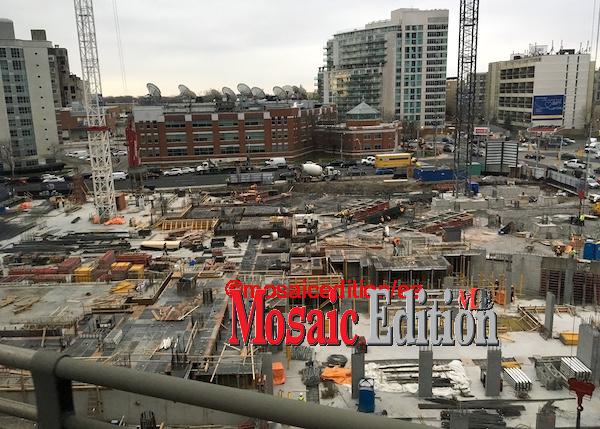Canada is giving permanent residence to newcomers in 16 new occupations. The move is to ease labour shortages in key sectors of the economy.
Sean Fraser, Minister of Immigration, Refugees and Citizenship, announced the implementation of the National Occupation Classification (NOC) 2021 managed under the Express Entry system will allow Canada to bring in global talent in high-demand sectors including health care, construction and transportation.
Some of the new occupations are payroll administrators, dental assistants, nurse aides, pharmacy technician as well as elementary and secondary school teacher assistants.
Foreign nationals with work experience as sheriffs, bailiffs, and correctional service officers and by law enforcement officers are also eligible.
The construction industry is not left out. Residential and industrial services will benefit from the implementation.
The building trade is facing lots of challenges, says Sean Strickland, Executive Director of Canada’s Building Trades Union (CBTU) during a recent media briefing on Canada’s 2023-2025 Immigration Levels Plan.
“Historically, it has been through immigration we have been able to grow our work force and build Canada’s infrastructures,” said Strickland.
He called for the development of the construction immigration stream to bring in skilled trades and immigrants.
Canada’s 2023-2025 Immigration Levels Plan focuses on economy and labour
In transportation, bus drivers, subway operators and other transit operators are eligible for permanent residence under the NOC 2021 – Express Entry system.










